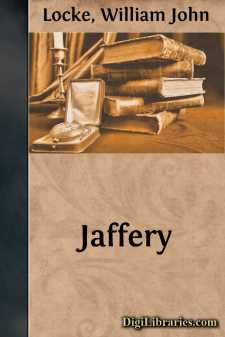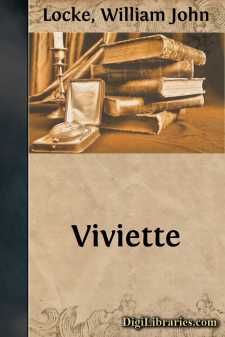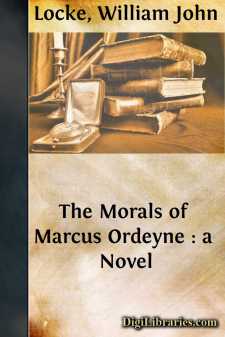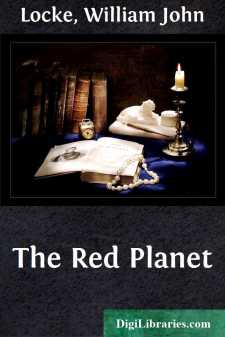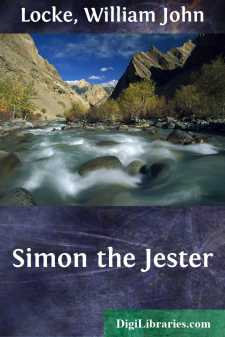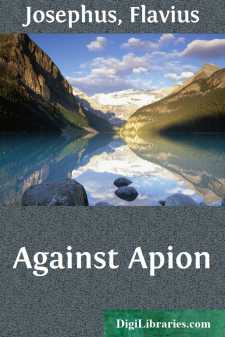Categories
- Antiques & Collectibles 13
- Architecture 36
- Art 48
- Bibles 22
- Biography & Autobiography 815
- Body, Mind & Spirit 144
- Business & Economics 28
- Children's Books 18
- Children's Fiction 14
- Computers 4
- Cooking 94
- Crafts & Hobbies 4
- Drama 346
- Education 58
- Family & Relationships 59
- Fiction 11834
- Games 19
- Gardening 17
- Health & Fitness 34
- History 1378
- House & Home 1
- Humor 147
- Juvenile Fiction 1873
- Juvenile Nonfiction 202
- Language Arts & Disciplines 89
- Law 16
- Literary Collections 686
- Literary Criticism 179
- Mathematics 13
- Medical 41
- Music 40
- Nature 179
- Non-Classifiable 1768
- Performing Arts 7
- Periodicals 1453
- Philosophy 65
- Photography 2
- Poetry 896
- Political Science 203
- Psychology 44
- Reference 154
- Religion 515
- Science 126
- Self-Help 85
- Social Science 82
- Sports & Recreation 34
- Study Aids 3
- Technology & Engineering 59
- Transportation 23
- Travel 463
- True Crime 29
Our website is made possible by displaying online advertisements to our visitors.
Please consider supporting us by disabling your ad blocker.
The Mountebank
Description:
Excerpt
Chapter I
In the month of June, 1919, I received a long letter from Brigadier-General Andrew Lackaday together with a bulky manuscript.
The letter, addressed from an obscure hotel in Marseilles, ran as follows:--
MY DEAR FRIEND,
On the occasion of our last meeting when I kept you up to an ungodly hour of the morning with the story of my wretched affairs to which you patiently listened without seeming bored, you were good enough to suggest that I might write a book about myself, not for the sake of vulgar advertisement, but in order to interest, perhaps to encourage, at any rate to stimulate the thoughts of many of my old comrades who have been placed in the same predicament as myself. Well, I can't do it. You're a professional man of letters and don't appreciate the extraordinary difficulty a layman has, not only in writing a coherent narrative, but in composing the very sentences which express the things that he wants to convey. Add to this that English is to me, if not a foreign, at any rate, a secondary language--I have thought all my life in French, so that to express myself clearly on any except the humdrum affairs of life is always a conscious effort. Even this little prelude, in my best style, has taken me nearly two cigarettes to write; so I gave up an impossible task.
But I thought to myself that perhaps you might have the time or the interest to put into shape a whole mass of raw material which I have slung together--from memory (I have a good one), and from my diary. It may seem odd that a homeless Bohemian like myself should have kept a diary; but I was born methodical. I believe my mastery of Army Forms gained me my promotion! Anyhow you will find in it a pretty complete history of my career up to date. I have cut out the war----"
Is there a lusus naturæ of any nationality but English, who rising from Private to Brigadier-General, could write six hundred and seventy-three sprawling foolscap pages purporting to contain the story of his life from eighteen-eighty something to June nineteen hundred and nineteen and deliberately omit, as if it were neither here nor there, its four and a half years' glorious and astounding episode?
"I have cut out the war!"
On looking through the MS. I found that he had cut out the war, in so far as his military experiences were concerned. In khaki he showed himself to be as English and John Bull as you please; and how the deuce his meteoric promotion occurred and what various splendid services compelled the exhibition on his breast of a rainbow row of ribbons, are matters known only to the War Office, Andrew Lackaday and his Maker. Well--that is perhaps an exaggeration of secrecy. The newspapers have published their official paragraphs. Officers who served under him have given me interesting information. But from the spoken or written word of Andrew Lackaday I have not been able to glean a grain of knowledge. That, I say, is where the intensely English side of him manifested itself. But, on the other hand, the private life that he led during the four and a half years of war, and that which he lived before and after, was revealed with a refreshing Gallic lack of reticence which could only proceed from his French upbringing....



